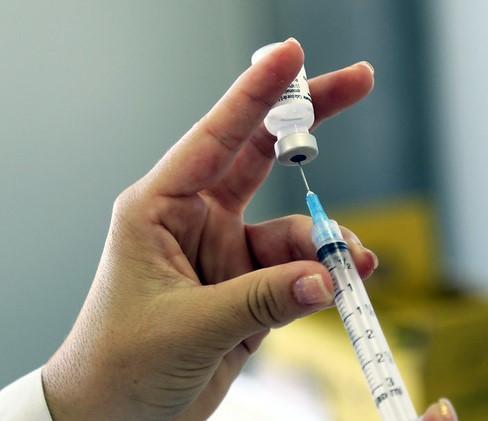A subgroup analysis of data from a phase 3 clinical trial found that a fecal microbiota–based treatment for recurrent Clostridioides difficile infection (rCDI) was safe and effective in participants with mild-to-moderate immunocompromising conditions, researchers reported yesterday in Open Forum Infectious Diseases.
The data were from PUNCH-CD3-OLS, an open-label, prospective, single-arm study designed to evaluate the safety and tolerability of the fecal microbiota–based live therapeutic Rebyota (RBL) in a "real-world" population of rCDI patients. Rebyota was approved by the US Food and Drug Administration for preventing rCDI in adults following standard-of-care antibiotic treatment based on the results of the trial and other clinical trial data. But a 2024 clinical practice guideline noted that there was insufficient evidence to recommend RBL in mild or moderately immunocompromised adults with rCDI and recommended against its use in severely immunocompromised patients, owing to concerns about increased risk of infection.
Safety, efficacy results are similar across participants
For the study, a team led by researchers from Beth Israel Deaconess Medical Center in Boston analyzed treatment-emergent adverse events (TEAEs) and efficacy outcomes in 141 of 697 trial participants who received RBL and had immunocompromising conditions or were taking immunosuppressive medications. TEAEs within 8 weeks of treatment were reported by 44.7% of immunocompromised participants and 48% of non-immunocompromised patients. Most events were mild or moderate gastrointestinal disorders.
Serious TEAEs within 8 weeks were reported by 4.3% and 3.8% of immunocompromised and non-immunocompromised participants, respectively. But no RBL-related systemic infections occurred.
In immunocompromised participants, the treatment success rate at 8 weeks was 75.7% and the sustained clinical response rate at 6 months was 88.7%, similar to results in the non-immunocompromised subgroup (73.3% and 91.6%, respectively).
The study authors say the safety and efficacy results in immunocompromised patients are consistent with those from previous studies in the RBL clinical trial program.
"This analysis provides important data regarding the safety and efficacy of RBL for rCDI in mildly to moderately immunocompromised patients, which can assist clinical decision-making in real-world care settings," they wrote.
















